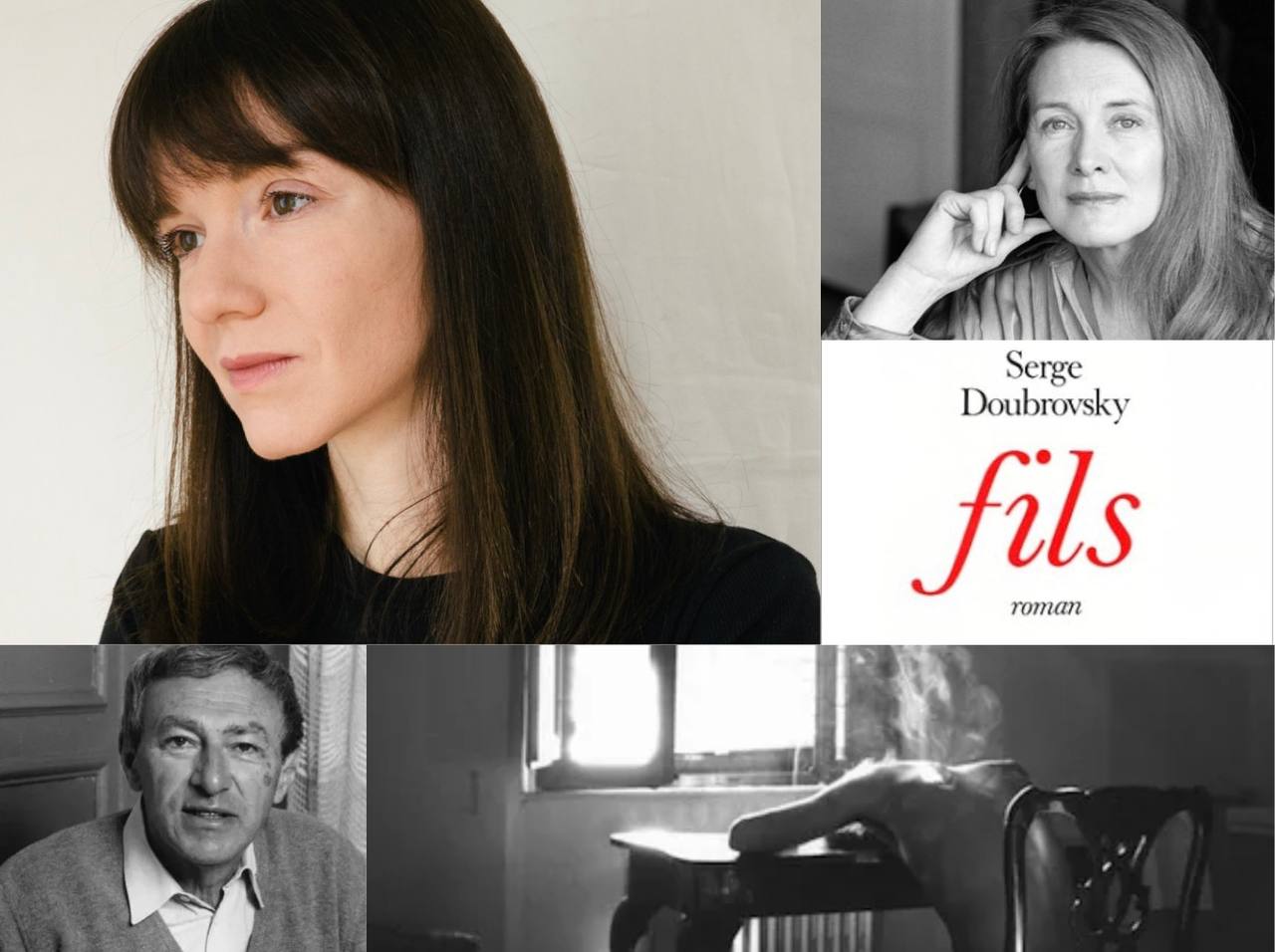Autofiction between Fiction and Trauma

Speaker
Date and time
Thursday, 18 April, 7 - 9 pm CET
The popularity of autofiction in the global literature is steadily growing. Starting with a marginal, hard-to-read book by Serge Dubrovsky in 1977, autofiction has become a global trend in recent decades, defining publishing policy and shaping reader demand. Writers of autofiction top bestseller lists, receive prestigious literary awards (including the Nobel Prize), as well as in critical and scholarly reception autofiction remains the reason for heated discussions, the subject of numerous monographs, articles and dissertations. If, in 1996, Marie Darrieussecq, in her famous article in the magazine Poétique, called autofiction a ‘non-serious genre’ (‘un genre pas sérieux’), then almost 20 years later, academic interest seems to focus more on the search for reasons and explanations regarding how this ‘non-serious genre’ not only managed to capture the global book market but also spontaneously expanded into a variety of media practices, making an impact in comics, graphic novels, cinema, and photography. Autofiction is traditionally defined as a genre that mixes real and fictional events narrated in the first person. In other words, it combines the features of autobiography and novel. However, rather than “novelizing” life experience, autofictionalists tend to create the illusion of authenticity, as well as an attempt to represent traumatic experience. How does autofiction balance between fiction and trauma, and what is the reason for its popularity in modern culture? Larissa Muravieva’s lecture will talk about the origins of the concept of “autofiction” in French literature of the late 1970s, the stages of development of this genre and how autofiction becomes a literary space balancing between unrepresentable trauma and an attempt to represent it.
The event is organized in collaboration with Babel Books Berlin.
Event Address: Babel Books Berlin • Bernauer Straße 49, 10435, Berlin